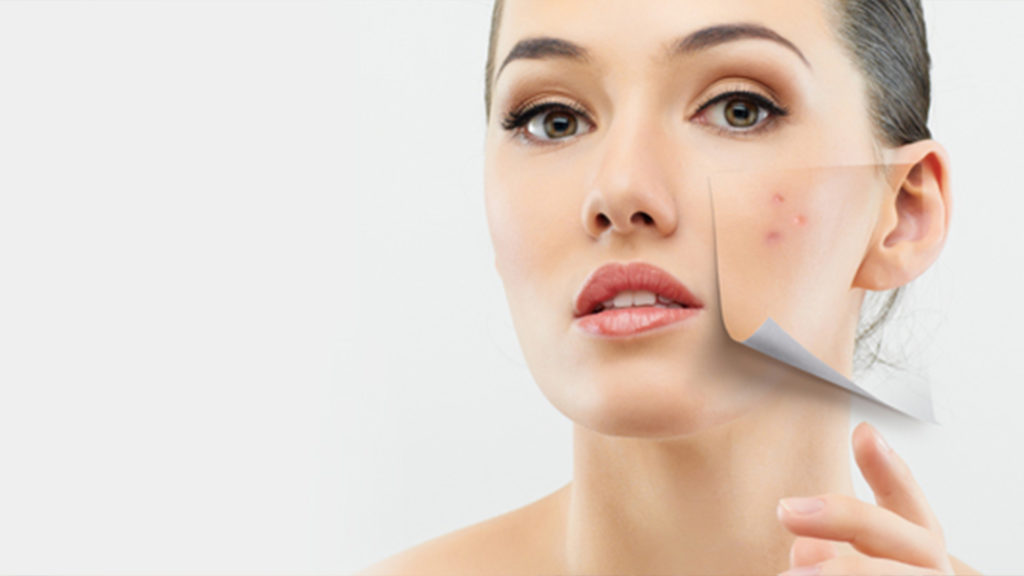Acne is a highly common skin condition experienced by almost everyone. At least some degree of acne is experienced by all, but it is high in teenagers due to hormonal changes. Acne might be mild with whiteheads, blackheads, and pimples, moderate with inflammatory papules, or severe with cysts and nodules. The acne lesions are followed by scarring. The treatment for acne depends on its severity.
Causes of Acne
Acne has four primary causes:
- Inflammation
- bacterial build-up
- male hormones
- blocked pores
Acne driven by hormones gets active during the
teenage years. Sensitivity in the skin developed due to hormones, surface
bacteria and lipids within oil glands together generates acne. It is observed
on the face, back, chest, and shoulders—places where oil glands reside.
As it is evident by now, acne is a regular biological occurrence. Though,
certain conditions like following may worsen the disease:
- Manipulating the acne lesions
- Clothing or accessories that cover the body parts
- Air pollution and high humidity
- Changing hormone levels during periods in women
Acne Treatment
Three medicines are identified to be useful for the acne treatment:
- Benzoyl peroxide
- Isotretinoin
- Antibiotics
The patients are treated with at least one or two agents depending on the severity of the disease. Benzoyl peroxide is available over-the-counter by prescription. It targets surface bacteria that aggravate the acne.
Most patients undergo isotretinoin for acne treatment. The most common side effect of isotretinoin is the irritation. Antibiotics are either applied to the skin or taken orally. They control the surface bacteria that aggravate the acne. Other medicines are more effective when combined with isotretinoin.
The oral isotretinoin is mostly reserved for patients with severe acne. A type of isotretinoin, Roaccutane, shrinks the oil glands where acne begins, and in the absence of active oil glands, the acne decreases.
Side Effects of Isotretinoin
Isotretinoin treatment can be troublesome to catastrophic as it may give dry skin, elevated lipids and even congenital disabilities in some cases. Women must practice birth control before isotretinoin treatment, and for several months after it.
Hormone therapy can be helpful for women with acne, specifically for women who have irregular periods, thinning hair, and excessive male hormone.
As you can deduce, a wide range of acne medications is available. There are topical treatments for mild symptoms to strong drugs for more severe problems. The use of the right medicine as per the prescription helps to reduce pimples and alleviate the risk of permanent damage to the skin.
For severe and persistent pimples, isotretinoin for acne treatment is the most effective medication, only prescribed when other drugs fail.

